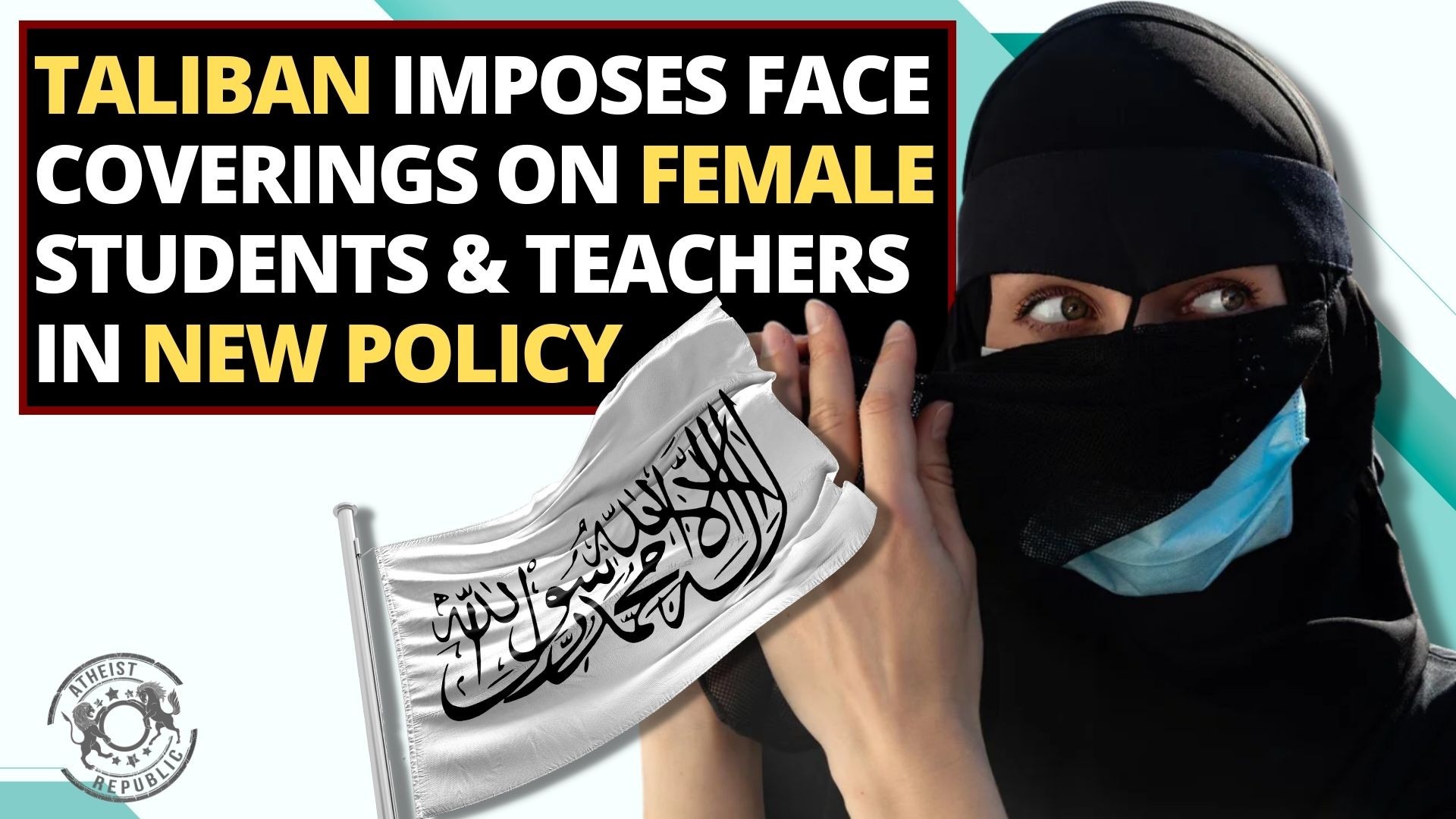
The Taliban has recently proposed a strict Sharia-compliant dress code for school students, prescribing long, traditional clothing in different colors that covers the body for male and female students.
The proposed policy comes when the Taliban continues to impose harsh restrictions despite initial promises of a softer rule when the group seized power in August 2021 after the withdrawal of the US-led forces in Afghanistan.
The bill, composed of five chapters and 13 articles, would require boys attending elementary schools to wear perahan tunban, a traditional Afghan dress for men, in light blue color. Men attending secondary and high school would need to wear the same outfit in light green color.
Girls are faced with more restrictions under the proposal. Citing a Taliban official, they would not be allowed to wear “short, transparent, thin and tight” clothing.
The draft also proposes that younger female students under sixth grade wear a “dark ivory” uniform with a “white” hijab, while older female students must wear an olive-green outfit with a black headscarf.
In addition, female students would also need to wear a cloak when going to and from school. The draft law also requires male teachers to wear the same perahan tunban outfit, and female teachers must wear long dresses similar to what female students have to wear, along with full-length cloaks.
Although the Taliban said they are still consulting and writing the final version of the draft, the proposal has met criticism from many activists and students. A citizens’ movement in Afghanistan called Purple Saturdays has risen to protest the draft dress code.
A number of female students in Balkh, have protested against the new uniform set by the Taliban for students, with slogan "no to Taliban's hijab" 1/3 pic.twitter.com/2nSTF2z7D9
— Zan TV (@ZANTV) April 9, 2023
The proposed Sharia-compliant dress code is among the few actions Afghanistan under the Taliban has undertaken recently.
More than a week ago, on April 10th, the Taliban prohibited women and families from entering restaurants with gardens or green spaces in the country’s northwestern province of Herat, citing complaints from clerics and public members about the mixing of genders in these places.
The Taliban have banned families and women from restaurants with gardens or green spaces in Afghanistan’s northwestern Herat province, following complaints from religious scholars and members of the public about mixing of genders in such places. https://t.co/LiTKAlDGFm
— The Associated Press (@AP) April 10, 2023
While the outdoor dining ban applied to restaurants with areas where men and women could meet, such as parks, the prohibition applied only in Herat, and such establishments remained open to men.
Aside from the restaurant ban, Taliban authorities ordered NGO-supported and funded education centers and learning institutes to close last April 17th until further notice.
Afghan authorities are closing education centers and institutes supported by non-governmental groups in the south until further notice, officials said. The centers are mostly for girls, who are banned from going to school beyond sixth grade. https://t.co/an0sTE77rr
— The Associated Press (@AP) April 17, 2023
Most of the centers that closed down were located in the Taliban heartland provinces of Helmand and Kandahar and were schools for girls. While the Taliban cited complaints from the people in the area as the justification for the move, they did not further explain why the institutes were shut down.
